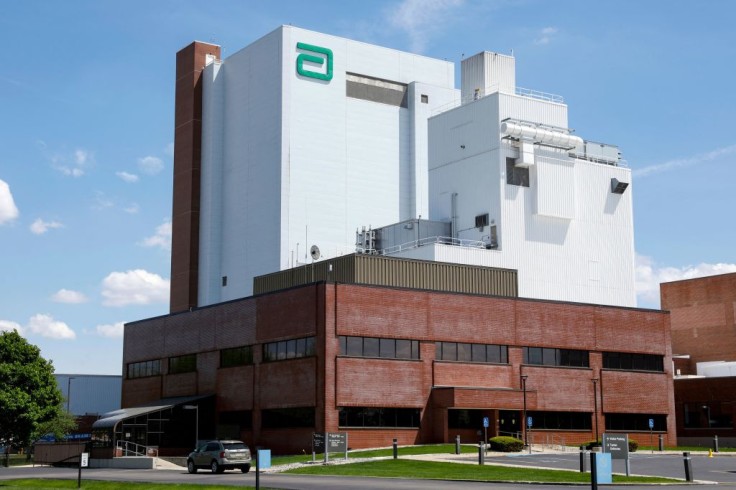
The U.S. Food and Drug Administration (FDA) struck a deal with Abbott Nutrition Company to resume its Sturgis, Michigan plant operation within two weeks to ease the nationwide milk formula shortage.
The consent decree included in the agreement that Abbott will address the unsanitary condition that led to the contamination of the baby formula plant in Sturgis, Michigan.
Abbott said it would restart its plant operation within two weeks. However, the milk company announced it would take eight weeks for the formula to arrive on store shelves, as per a Yahoo! News report.
Ensuring safety and quality standards
The agreement between Abbott and the FDA was concluded on Monday.
FDA Commissioner Robert Califf said that Abbott would correct the unsanitary conditions that led to the contamination and plant closure.
In a statement, Califf assured the public that the agency would do everything possible to ensure that infant and other specialty formulas produced by the company meet the FDA's safety and quality standards. The U.S. District Court approved the consent agreement for the Western District of Michigan on Monday.
Infant formula crisis
As of May 8, more than 40 percent of baby formula was out of stock all over the country, Datasembly, a retail data tracker, said. The shortage caused parents to panic while finding baby formula milk for their infants as shelves turned up empty in many stores all over the country.
Pandemic supply chain issues caused the formula milk shortage. It was triggered partly by the closure of Abbott Nutrition's manufacturing plant in Michigan after four infants who consumed formula from the facility fell ill from bacterial infections. Two of these infants eventually died, Vogue reports.
Inspections by the FDA found the presence of Cronobacter sakazakii, the bacteria that cause a blood infection, at the factory. Abbott's internal records also revealed that the company destroyed most of its products due to bacteria at the plant.
Abbott issued a voluntary recall of its Similac PM 60/40, Similac, Alimentum, and EleCare products made at the Michigan plant. As of last week, no formula distributed from the plant to consumers tested positive for the bacteria. The genetic sequencing of two samples from the sick infants did not match the Cronobacter strains found in the plant.
Consent agreement
As per the consent agreement, Abbott has agreed to bring in outside experts to help the facility improve its food safety regulations to be in compliance with the FDA standard, the Justice Department said.
As per CNBC, external experts will develop a plan for Abbott to reduce the risk of bacterial contamination at the plant. The company will conduct a periodic evaluation to ensure that it complies with the FDA formula milk standards. The process will be under the supervision of the Department of Justice.
Should any product test positive for Cronobacter or Salmonella, the company must shut down again. Abbott is also required to dispose of the product, find the source of contamination and rectify the problem.
The company cannot restart production again until the FDA issues a clearance. The company will face a penalty of $30,000 in damages per day of its violation, with the annual penalties not exceeding $5 million. The company is subject to the conditions of the consent decree for at least five years.